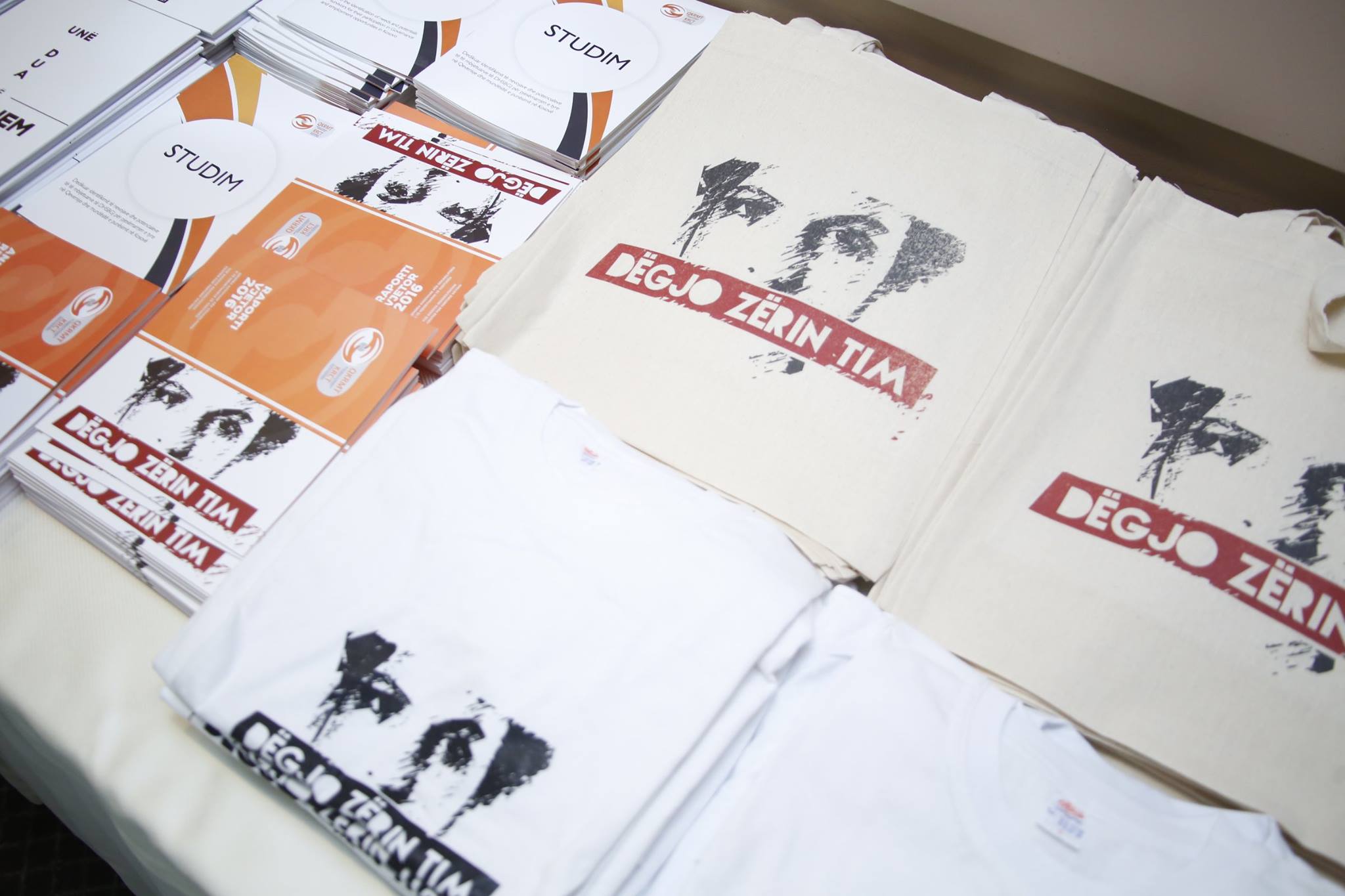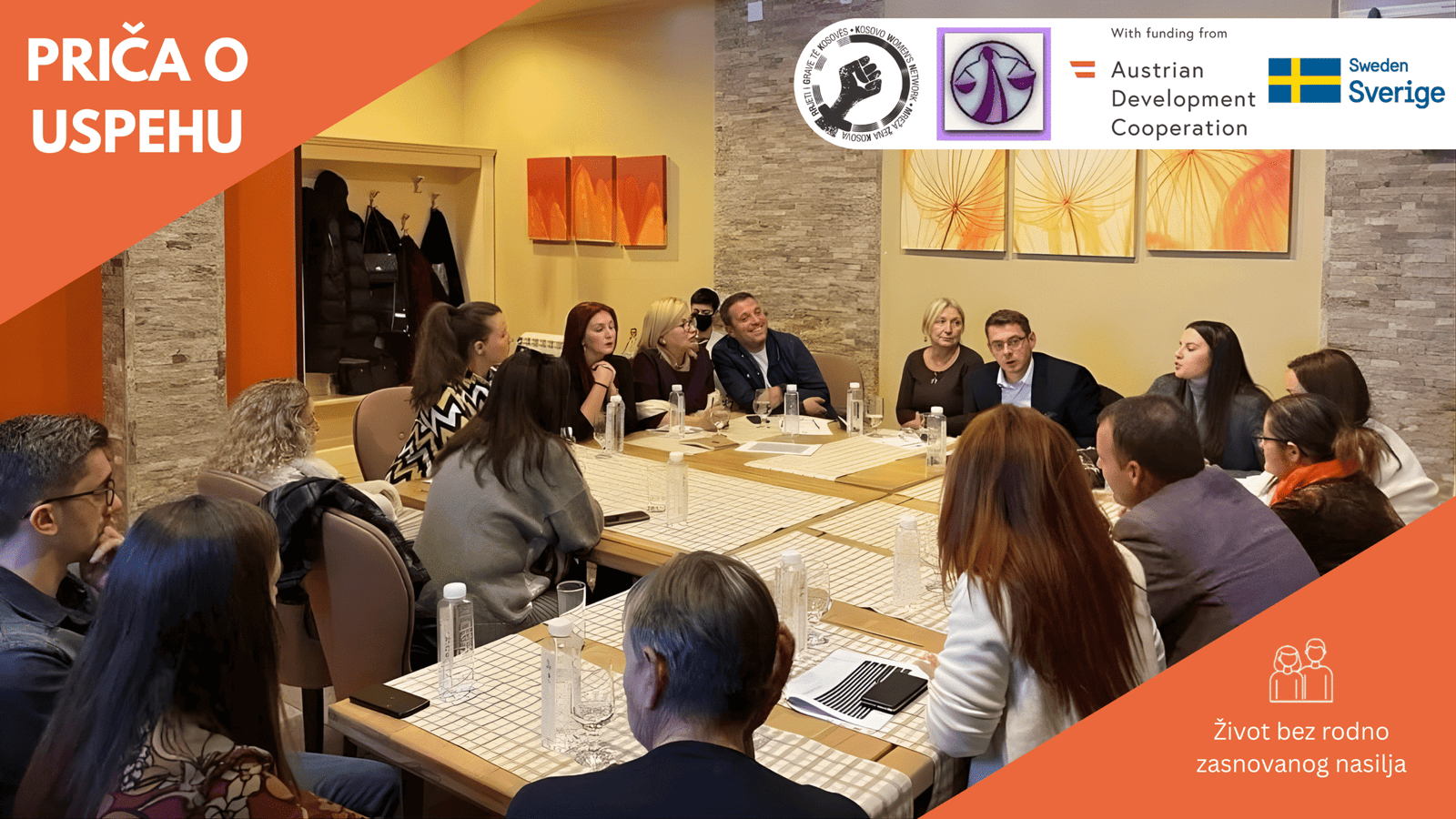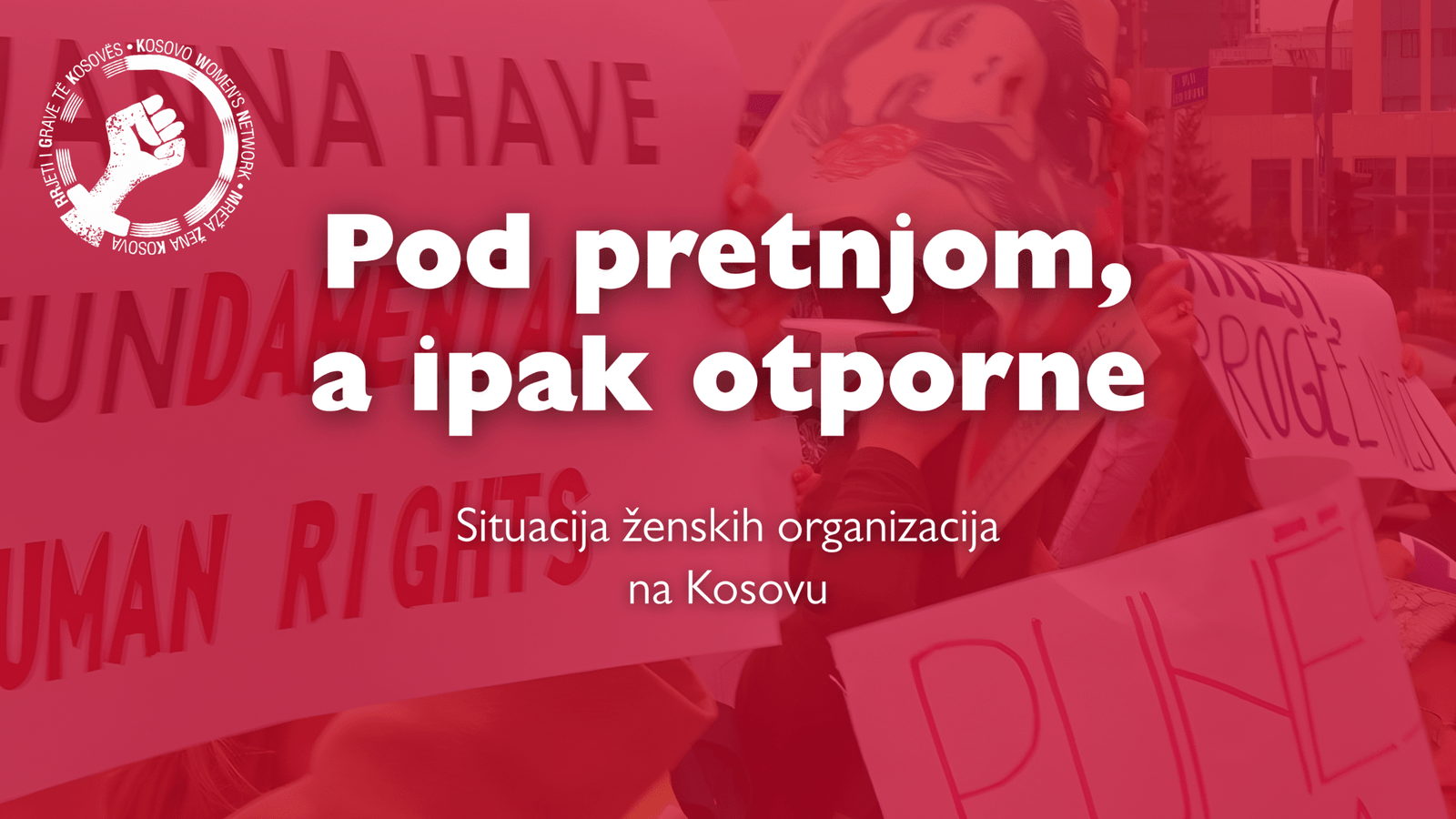Kosovo Rehabilitation Center for Torture Victims (KRCT), in partnership with British Embassy in Prishtina, organized a two-day workshop titled “Hear my voice: Addressing the stigma surrounding the survivors of sexual violence during war in Kosovo”, which is still ongoing.
“The purpose of the workshop is to increase the awareness of the current situation of survivors of sexual violence during Kosovo and the stigma surrounding them; to identify the main barriers and the measures to address the stigma at individual, community and institutional level”, Ms. Feride Rushiti, Executive Director of KRCT said in her opening speech.
The guests of honors to this workshop was the former President of the Republic of Kosovo, Ms. Atifete Jahjaga, Great Britain Ambassador to Kosovo, Mr. Ruairi O’Connell, and Head of EULEX Mission in Kosovo, Ms. Alexandra Papadopoulou.
“After the dissolution of the National Council for the Survivors of Sexual Violence during the war, we witnessed a slowed-down process of recognition of these survivors’ status. Ministry of Labour and Social Welfare (MLSW) gave a positive impetus to the process; unfortunately, however, the Commission is slowing it down,” Ms. Jahjaga said in her speech. She further emphasized that, “It is our obligation as state and society to support the survivors of the sexual violence during the war”.
In the meantime, Ambassador O’Connell, speaking in a fluent Albanian, addressed the survivors of sexual violence attending this event. “I know that it has been 20 years that you have been fighting the stigma of sexual violence; you must be tired. But just like me you know that today there is no greater war in Kosovo than the war against stigma. Being a survivor of sexual violence is not to be ashamed of; it is not the survivor’s fault. Ashamed should be the one who committed this crime. Nobody can fight stigma better than you, because nobody can feel the pain more intensively than you do”.
Meanwhile, the Head of EULEX Mission in Kosovo, Ms. Alexandra Papadopoulou, in her welcoming speech, said, among others, that, “Providing the victims with sufficient support – whether psychological, social or economical and attempting to punish the authors of such crimes are two pillars of the attempts to overcome the stigma surrounding the sexual violence. The work and support of NGOs in this ongoing process is valuable and highly appreciated.”
Organized in line with the Preventing Sexual Violence Global Initiative (PSVI) in London, the workshop brought together local and international experts to deal with the stigma surrounding the survivors of sexual violence during the war in Kosovo.
Following the opening speech, activist and well-known actor Ms. Safete Rogova appeared in front of the participates and recited a poetry of hers dedicated to the survivors of sexual violence in Kosovo.
Furthermore, part of the agenda was a panel of open discussion composed of Ms. Igballe Rogova, Executive Director of Kosovo Women’s Network (KWN), Ms. Sabiha HusiÄ‹ from Medica Zenica Association in Bosnia and Herzegovina and Ms. Kadire Tahiraj, Director of the Center for Promotion of Women’s Rights (CPWR) in Drenas.
Speaking of the great work that was done during the mandate of President Jahjaga towards supporting the survivors and the slowing of the process of recognizing the victim status for these survivors, Ms. Rogova highlighted that, “Given that other mechanisms are extant, the new Government of Kosovo must speed up the allocation of the necessary budget so that the survivors of the sexual violence during war can, at least, enjoy their rights to pension, in compliance with the law”.
The rest of the first day of workshop was reserved for group work; regardless of the profession and institution they represented, the attendees were split into four working groups. I. Individual perspective, composed of the survivors of the sexual violence during the war in Kosovo; 2. Role of the media; 3. Role of youth organizations and independent journalists; and 4. Role of institutions, in which representatives of state institutions, civil society and international organizations participated.
During the work in groups, the barriers influencing the stigma surrounding the survivors of sexual violence in Kosovo was identified along with the manners in which such identified barriers can be overcome and what measures must be taken.
At the same time, during the second day of the workshop, the work in groups continued identifying the necessary resources and the time limits to undertaken the measures and address the stigma. In addition, each working group was given the opportunity to present its work in front of the attendees, namely the other working groups.
The results of this workshop aim at contributing to the survivors’ increased access to rehabilitation, courts and other reparation programs.







